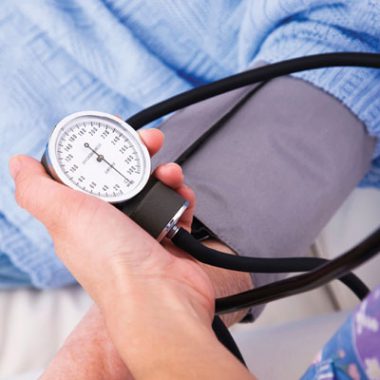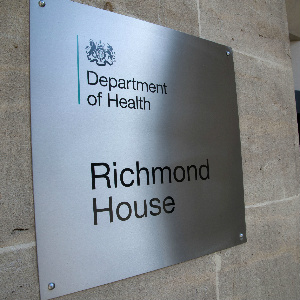NHS Health Checks have prevented 8,400 heart attacks and strokes, claims study

NHS Health Checks may have prevented up to 8,400 heart attacks and strokes according to a new evaluation, with the researchers saying this gives ‘very substantial gains’ for public health.
The review, led by Queen Mary University of London, found that NHS Health Checks led to a 30% increase in diagnosis for diabetes, a 50% diagnosis increase for hypertension, 80% for chronic kidney disease, compared to those who did not attend a health check. NHS Health Checks also led to 40% more statins prescribed (11.5% attendees were prescribed statins compared to 8.2% of non-attendees).
The researchers estimated that this increased statin prescription could prevent 4,600 to 8,400 heart attacks, strokes or death in five years. And treating the other diagnosed illnesses would reduce cardiovascular events.
But it comes as Public Health England said earlier this year that it would review the evidence for the NHS Health Checks programme after another study found it fell ‘well short’ of targets.
The new review, published in the British Journal of General Practice and funded by the Department of Health, looked at the first five years of the programme in three areas of London (City and Hackney, Tower Hamlets and Newham).
85,122 people attended over the study period, with coverage of eligible people increasing from 36% in the first year to 85% in the latest (compared to 50% nationally). Attendance was higher for South Asian patients, older patients and those in more deprived sections of the population.
Dr John Robson, from Queen Mary University London, who led the study, said: ‘We saw a 30 to 80 per cent increase in the number of disease cases found, compared to those who did not attend, and 40 per cent more people were prescribed statins, so these are very substantial gains in public health terms.
‘If you compare attendance levels with other programmes, such as the bowel screening programme, the coverage here is much better, so one would hope that would translate into earlier opportunities for greater protection for those people.’
But he added that there ‘is still room for improvement for NHS Health Checks, especially in terms of ensuring even better treatments for those at higher risk’.
This study also said that the ‘results also suggest that a targeted approach to invitation may be more efficient than non-targeted invitation’, agreeing with a recent study finding that targeting one in 12 adults for a cardiovascular check-up has many of the same benefits and is far more cost-effective than inviting everyone over a certain age.
NHS Health Checks began in 2009, offering free checks to those 40-74, and has been mired in controversy as the study itself references.
The same team from Queen Mary University called the NHS Health Checks scheme a ‘remarkable success’ in January this year, arguing that the scheme had prevented 2,500 heart attacks and strokes over the past five years.
But Professor Azeem Majeed, who led the study earlier this year which sparked PHE’s decision to review the evidence behind the NHS Health Checks scheme, told Pulse: ‘It’s encouraging to see the positive results from the NHS Health Check Programme in East London.
‘However, nationally, the NHS Health Check Programme has not yet met expectations. For the NHS Health Check scheme to be effective, it needs to be better planned and implemented – the work from East London will help to highlight how this can be done in other parts of England.’
What is the NHS Health Checks programme?

Richmond House – DH – Department of Health – online
Source: Charles Milligan
The NHS Health Checks programme, originally set up in 2009, requires GP practices to call in patients aged 40-74 years for a five-yearly check-up of vascular risk factors such as body mass index, blood pressure and cholesterol.
The Department of Health calculated it would be cost-effective it reached 70% coverage of the target population, but the scheme has been beset with problems of poor uptake from the start and despite a re-launch in 2013 is struggled to reach uptake of 50%, while even Government advisors have criticised the age-based approach and called for more targeted screening.
Pulse October survey
Take our July 2025 survey to potentially win £1.000 worth of tokens

Visit Pulse Reference for details on 140 symptoms, including easily searchable symptoms and categories, offering you a free platform to check symptoms and receive potential diagnoses during consultations.










